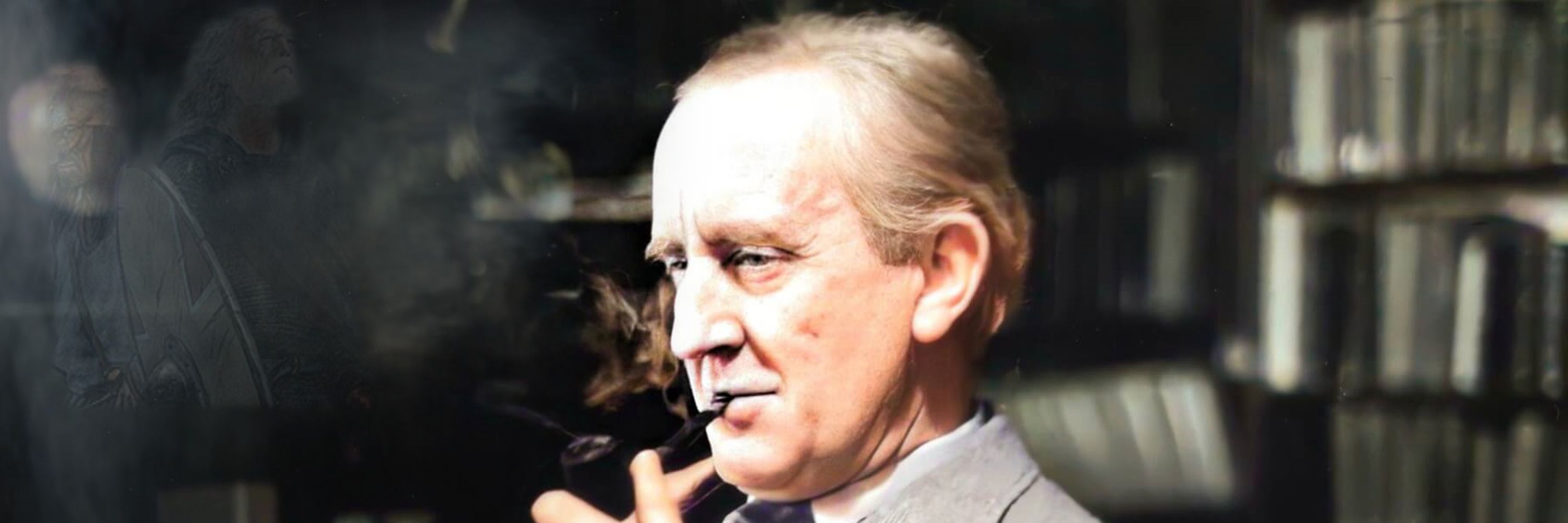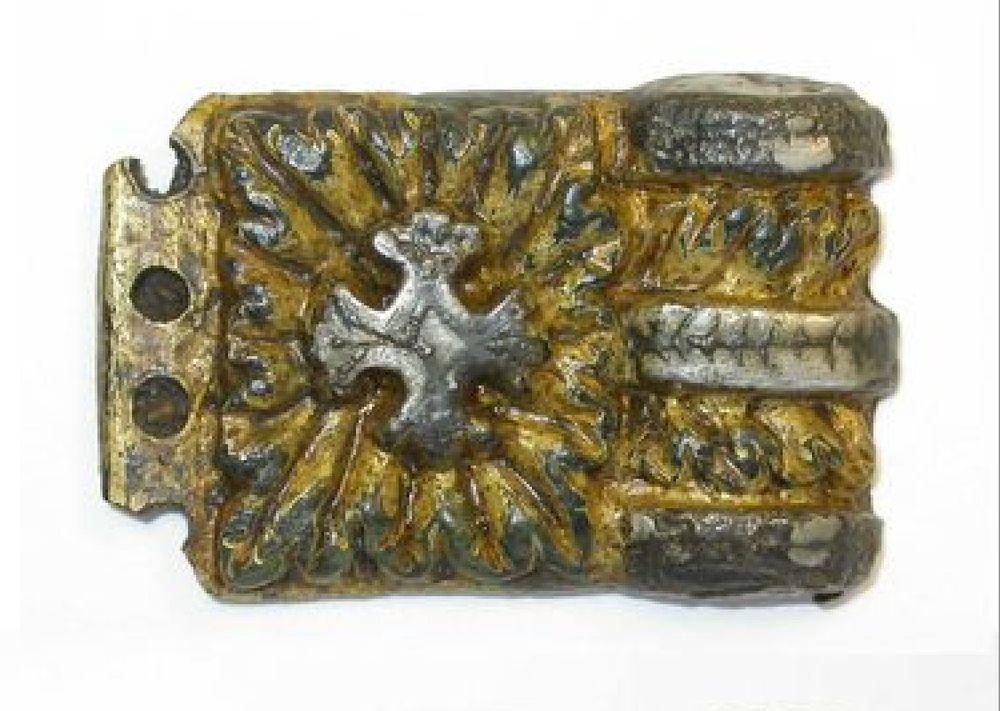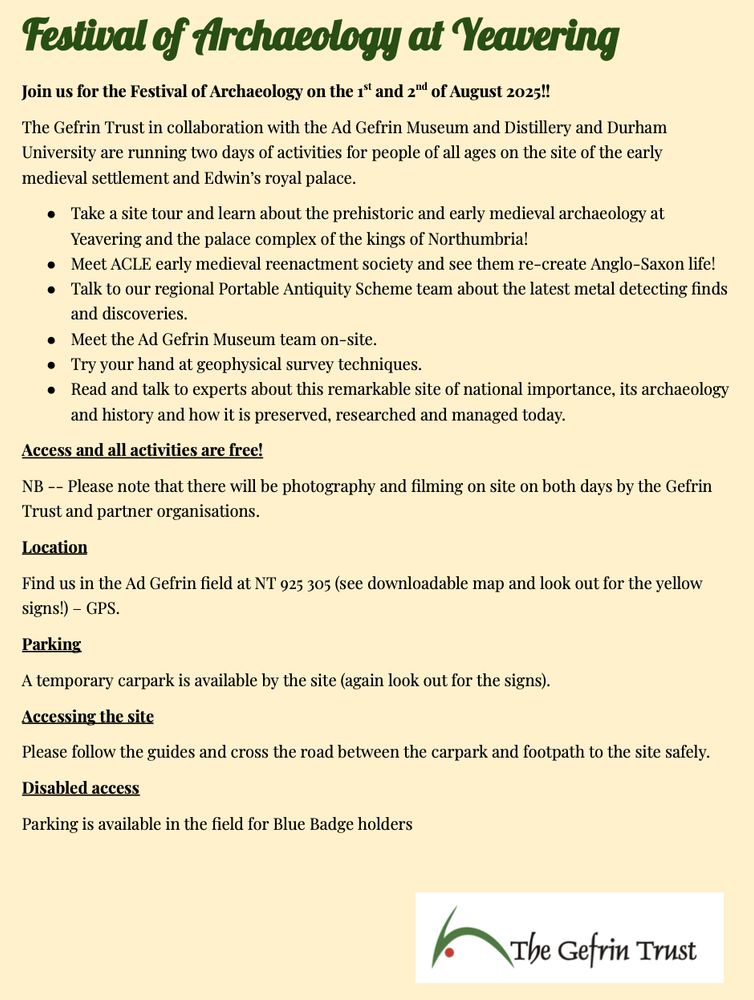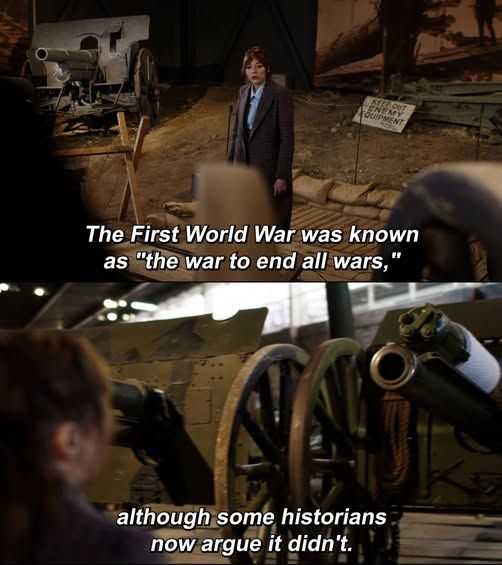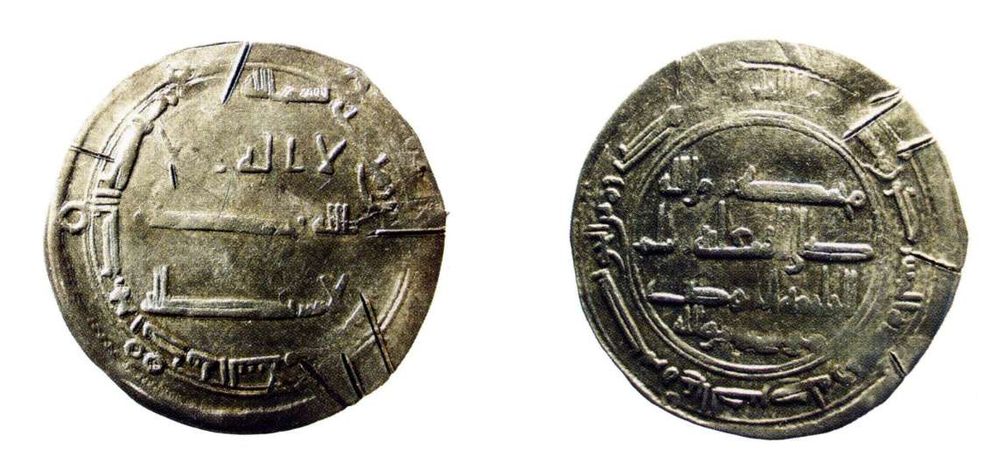Hilbert Vinkenoog (History with)
@history-w-hilbert.bsky.social
170 followers
180 following
120 posts
North Sea-lander (Northumbrian/Dutch/Frisian) studying Viking and Medieval Studies. Early Medieval Frisia and the Frisians, Pre-Christian Religions of the North, Frisian Language(s). History with Hilbert. Frisian with Hilbert.
Posts
Media
Videos
Starter Packs
Reposted by Hilbert Vinkenoog (History with)
Reposted by Hilbert Vinkenoog (History with)
Reposted by Hilbert Vinkenoog (History with)
Reposted by Hilbert Vinkenoog (History with)
Reposted by Hilbert Vinkenoog (History with)
The Gefrin Trust
@gefrintrust.bsky.social
· Jul 23
Reposted by Hilbert Vinkenoog (History with)
Reposted by Hilbert Vinkenoog (History with)
Reposted by Hilbert Vinkenoog (History with)
